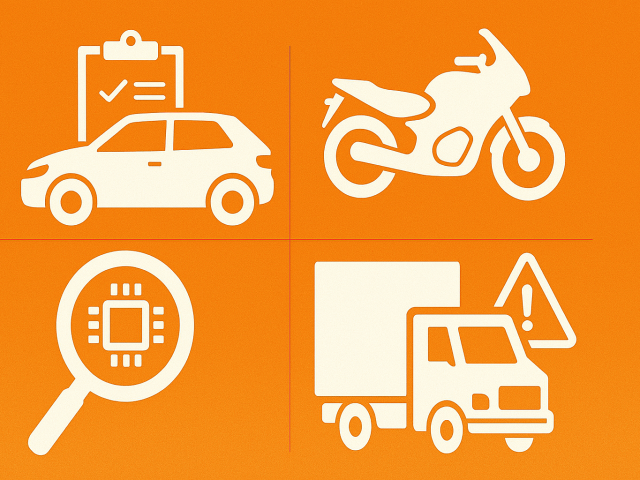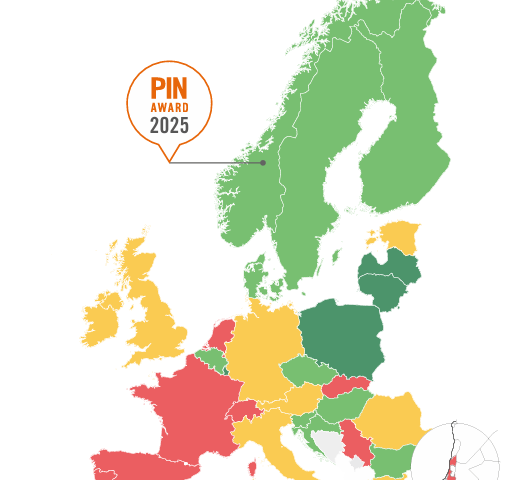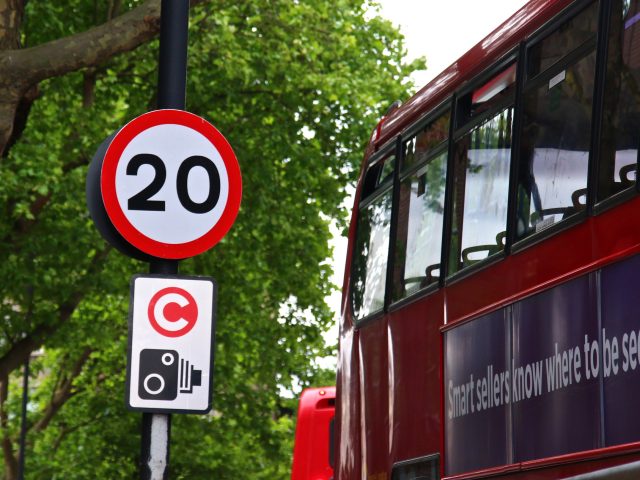Opinion: Free mobile roaming shows the EU can be a consumer champion; safer cars should be next
By Antonio Avenoso, ETSC Executive Director
It’s done. A defining moment in the history of the European Union took place earlier this month. No, not the UK’s Article 50 letter, nor Emmanuel Macron’s victory in the first round of the French presidential election. On 25 April, EU member states approved a final deal to end mobile phone roaming charges from June this year. Could this small victory for consumers signal the start of a new chapter for the EU?
So often seen as technocratic and remote, the EU has always had a tough time communicating its successes. Trade quotas for Argentine beef and technical standards for industrial power transformers are hard to get excited about. But there are signs that the EU is looking for more ways to show its worth to citizens, in ways that are meaningful to everyday life. Tougher vehicles safety standards are the next opportunity.
It is official: Council just agreed last step to end roaming as of June 15! Find out more how to 'roam like at home' https://t.co/KGSxnJVENu pic.twitter.com/D5fmhIxQWe
— EU Council (@EUCouncil) April 25, 2017
Road safety is already an EU success story. Annual road deaths across the European Union have been cut in half since 2001. Since 2010, deaths have fallen by 17% while in the United States, by comparison, they increased.
EU targets, investments in safer roads, knowledge sharing initiatives and, more recently, cross border enforcement have all played an important role. But there has probably been no single, more effective EU action than improving the minimum safety standards that all new vehicles sold in Europe must apply.
Back in 2009, last time the EU standards were updated, Electronic Stability Control (ESC) became mandatory. This single technology, now fitted to every new car, is thought to have prevented 500 deaths a year.
But that was eight years ago, and technology has moved on a great deal since then. The consumer vehicle safety organisation Euro NCAP has been pushing safety standards in the car market higher every year. But not all cars are tested, and not all versions feature the same technologies. It’s easy for consumers to get the wrong end of the stick, especially when manufacturers are economical with the truth.
Automated Emergency Braking, Intelligent Speed Assistance, Advanced Seat Belt Reminders on all seats – all of these technologies are available on the market, are proven to prevent deaths and serious injuries, and are cost-effective. They should be fitted as standard.
Member state governments agree, and called in Malta last month for work on new standards to be ‘’accelerated’’.
The latest figures, showing that more than 25,500 people lost their lives on EU roads last year, prove that there is still a mountain to climb.
Come on President Juncker, put your foot down and publish a proposal for new vehicle safety standards this year.







